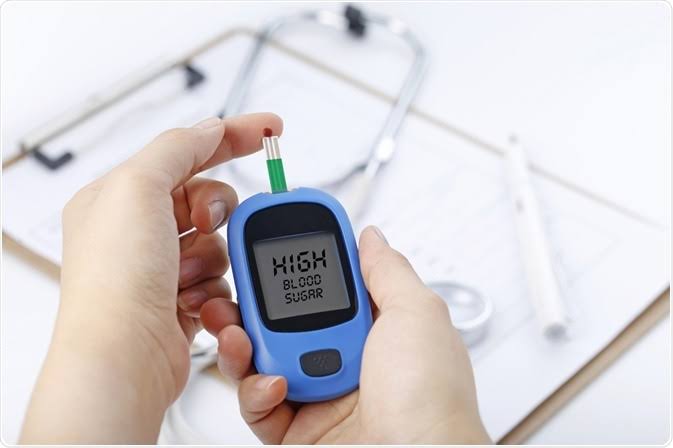High blood sugar, also known as hyperglycaemia, is a common concern for people with diabetes.
It can be difficult to detect, especially when it occurs at night, as the symptoms can be subtle or mistaken for something else.

However, it’s important to be aware of the signs, as untreated hyperglycemia can lead to serious health issues.
In this article, we’ll discuss five common symptoms of high blood sugar that may appear at night.
1. Frequent Urination
One of the most noticeable signs of high blood sugar is frequent urination.
When blood sugar levels rise, the kidneys work harder to remove excess glucose from the bloodstream, which results in more trips to the toilet.
If you find yourself waking up multiple times during the night to urinate, it could be a sign that your blood glucose is elevated.
2. Excessive Thirst
Hyperglycaemia can cause dehydration. As the kidneys filter out the excess glucose, it draws water from the body, leading to increased thirst.
If you’re waking up feeling thirsty and need to drink water throughout the night, this could indicate that your blood sugar is too high.
People Also Read: 3 Tips On How To Avoid Bathroom Falls
3. Fatigue
Another common symptom of hyperglycemia is feeling unusually tired or fatigued. When it is elevated, the body may struggle to use the glucose properly for energy.
As a result, you may feel sluggish or exhausted, even after a full night’s sleep.
4. Blurred Vision
High blood sugar can affect the fluid balance in the body, including in the eyes.
This can cause temporary blurred vision, which may be more noticeable at night, especially when the lighting is dim.
If you experience blurry vision upon waking or during the night, it’s important to check your blood sugar levels.
5. Night Sweats
In some cases, hyperglycemia can lead to night sweats. This occurs when the body tries to lower blood sugar levels, triggering the release of hormones that can cause sweating.
If you wake up drenched in sweat during the night without any apparent reason, it could be linked to elevated blood sugar.
What to Do If You Experience These Symptoms
If you notice any of these symptoms, it’s important to check your sugar levels.
Consistently hyperglycemia can lead to serious complications over time, including nerve damage, heart problems, and kidney issues.
If you’re unsure about how to manage your hyperglycemia, or if these symptoms persist, it’s crucial to speak with a healthcare professional who can help you make adjustments to your diet, exercise, or medication.

